Preen vegetable garden
originalvermonter
14 years ago
Related Stories
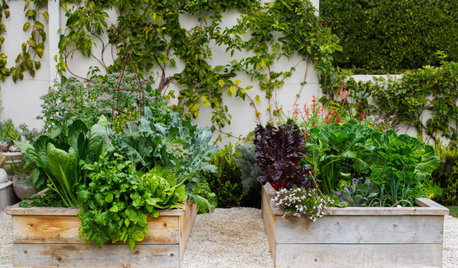
MOST POPULARHow to Start a Cool-Season Vegetable Garden
Late summer and late winter are good times to plan and plant cool-season crops like salad greens, spinach, beets, carrots and peas
Full Story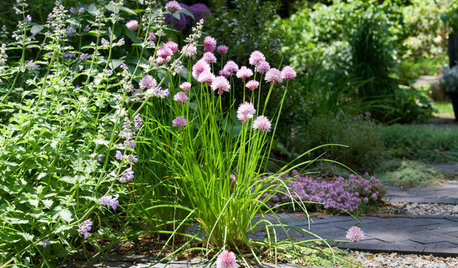
EDIBLE GARDENS8 Surefire Vegetables and Herbs for Beginning Gardeners
Learn the edible plants that are popular and easy to grow in a backyard or container garden
Full Story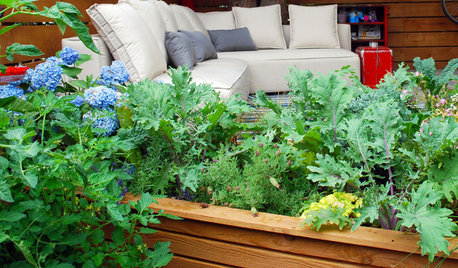
GARDENING GUIDESStep Right Outside for Fresh Herbs and Vegetables
Decks and patios can be convenient spots for edibles, and sometimes they even offer advantages over backyard gardens
Full Story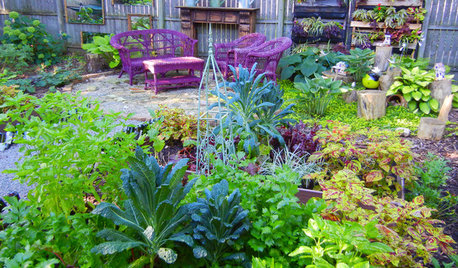
GARDENING GUIDESShades of Vegetable Gardens: Growing Edibles in Less Sun
See how one gardener produces a veritable feast of vegetables and herbs under a canopy of shade
Full Story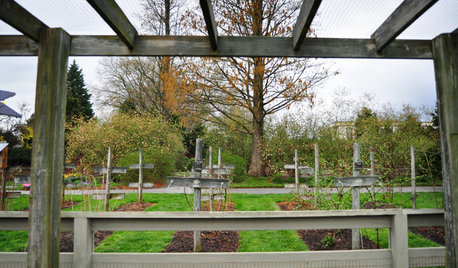
GARDENING AND LANDSCAPINGVegetable Growing Lessons From Longwood Gardens
Get ideas for your own edible landscape from a Pennsylvania showpiece and teaching garden
Full Story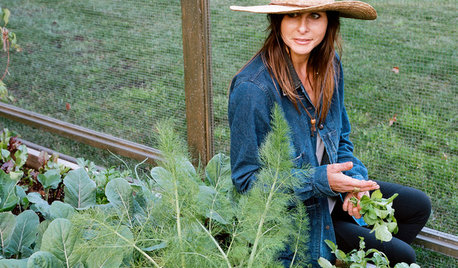
FARM YOUR YARDAdvice on Canyon Farming From L.A.'s Vegetable Whisperer
See how a screened garden house and raised beds help an edible garden in a Los Angeles canyon thrive
Full Story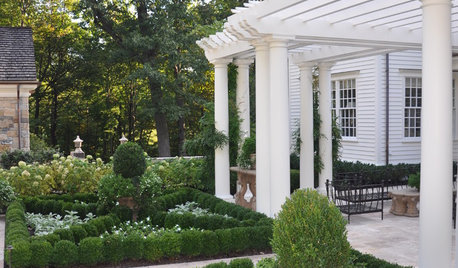
GARDENING AND LANDSCAPINGCream-of-the-Crop Vegetable Gardens
Both trendy and traditional, these inspired potager designs turn the everyday vegetable garden into art for your landscape
Full Story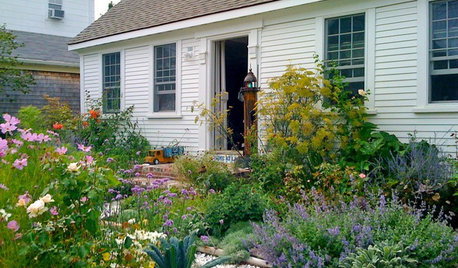
GARDENING GUIDESVegetables and Flowers Mix in Beautiful Edible Gardens
Ornamentals, meet your edible garden mates. We know you'll get along just beautifully
Full Story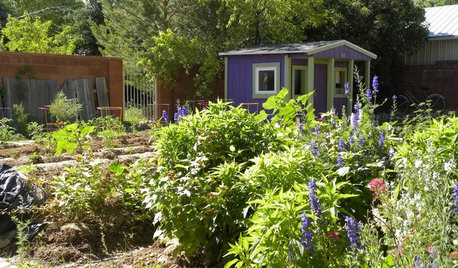
HOUZZ TOURSMy Houzz: Bohemian Cottage and Vegetable Garden
Family heirlooms, original art and a verdant edible garden are at the heart of this eclectic cottage in southern Utah
Full Story
EDIBLE GARDENSGarden BFFs? Why Your Vegetables Are Begging for Companion Plants
Foster friendships among plants for protection from pests, pollination support and color camaraderie
Full Story





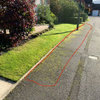
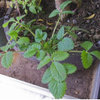
Kimmsr
hortster
Related Professionals
Arnold Landscape Architects & Landscape Designers · Wheeling Landscape Architects & Landscape Designers · Alpharetta Landscape Contractors · Annandale Landscape Contractors · Berwyn Landscape Contractors · Emmaus Landscape Contractors · Fort Worth Landscape Contractors · Huntley Landscape Contractors · Painesville Landscape Contractors · Tacoma Landscape Contractors · Tamarac Landscape Contractors · Tuscaloosa Landscape Contractors · Wallingford Landscape Contractors · West Haverstraw Landscape Contractors · Winter Gardens Landscape Contractorsmaifleur01
Beeone
jean001